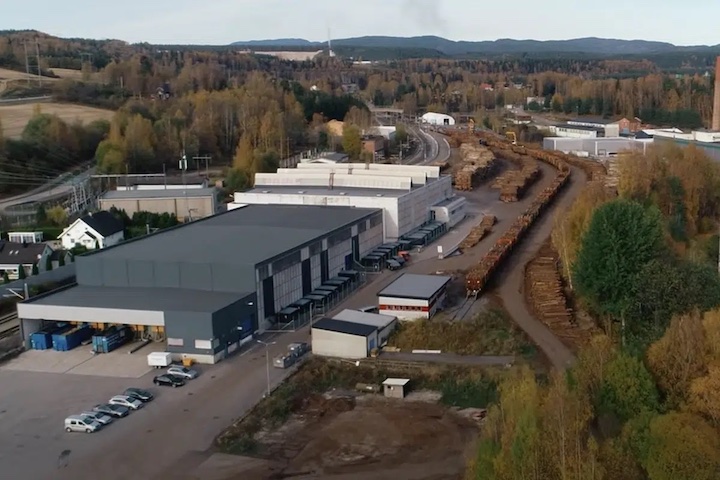A Bitcoin mining center located in the Hadsel municipality of Norway officially ceased its operations last week following numerous noise complaints. Despite resolving the noise issue, the shutdown has led to a 20% increase in residents’ electricity bills.
Community Frustration Over Mining Operations
The crypto mining facility had been a point of contention for both local politicians and residents due to its immense power consumption, which totaled around 80 GWh annually. This amount of electricity, as reported by the Norwegian Broadcasting Corporation (NRK), is equivalent to the yearly energy usage of approximately 3,200 households.
Aside from its energy consumption, the constant noise from the center’s cooling fans had been a major source of distress for the community. A 2022 report indicated that the noise had been driving locals to frustration and distress. However, the company responsible for the mining operation defended itself, claiming that the noise levels were within national legal limits.
Hadsel’s mayor, Kjell-Børge Freiberg, expressed relief following the closure, stating that the data center had been a nuisance for the past three years, affecting both politicians and neighbors.
Increased Electricity Costs for Residents
While the noise issue has been resolved, the closure has had financial repercussions for the local population. The plant’s shutdown has caused electricity costs to rise by 20%, as the facility had been contributing significantly to the income of the local network company, Noranett.
Noranett, one of 85 grid companies in Norway, is responsible for transporting electricity from power plants to customers. With the mining center no longer in operation, the remaining electricity customers are left to absorb the costs.
Network manager Robin Jakobsen estimated that, beginning next month, households that previously paid around NOK 12,000-13,000 ($1,130-1,225) annually for electricity will see an increase of NOK 2,500-3,000 due to the plant’s closure.
Searching for New Energy Solutions
In light of the increased costs, Mayor Freiberg emphasized the importance of finding new projects to utilize the surplus electricity left behind by the mining facility. He expressed hope that a new initiative could help reduce electricity bills for local residents in the future. However, he acknowledged that the regulation of the power system is outside the municipality’s control, and they must navigate within the established framework.



